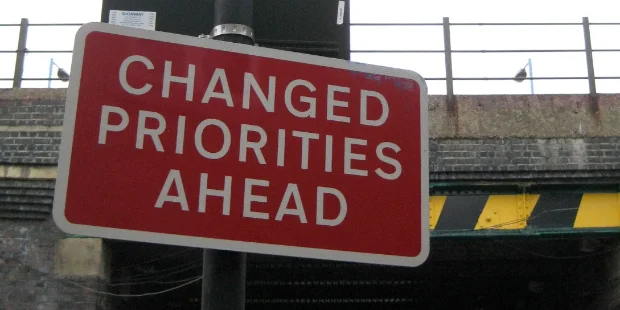Below is the first part of a very candid 5 part overview from our journey of developing Comet.
1. Evaluating priorities
It seems simple enough – organize tasks into their priorities and start from there. Easy, right? But what happens if everything on your list is considered urgent, critical, must be done ASAP etc?
Remember:
"When everything is a priority, nothing is a priority."
Early on we were heading in that direction with our own development prioritization. We had a massive list that spanned every area of our business.
- Legal
- Engineering
- Marketing
- Sales
- HR
- Strategy
- Distribution
Each of them we considered a high priority with their own individual priorities inside. It was clear that we needed to take a serious look at this huge list and refine it further. The way we attacked this was via internal debate and evaluating based on the outcome.
This is method is something that we've described further in a previous blog post about our internal culture. We broke this down by each of us explaining and pitching the areas we were responsible for and the justifications for our prioritization decisions, this was followed by robust discussion.

The benefits of this process came in three forms:
Clearer understanding
The first and most useful outcome was that we were able to see a full picture of the work at hand in greater detail. Secondly we had a much better understanding of where each other of us were at, what was important and what each of us were going to be working on. This allowed us to coordinate across roles, offer help and to provide suggestions for areas we might not have previously known about.
Rationalizing actions
We had a couple of points which appeared like we were going to complete 'B' before 'A' because that was the best course of action at the time. Re-looking at them we were able to be more critical with a clearer rationale that if we were going to complete 'B' before 'A' there had to be a very compelling reason and clear gains from this action.
Things felt easier
Now that we had a finalized and re-prioritized list, with clear objectives and a sound understand of what each of us were working on things just felt better. Sure we still had a huge list to complete, but we felt that we had a much better focus and it didn't seem as huge because of the way that we were approaching it.
I hope enjoyed the first part of this, if you have any questions about this feel free to leave a comment. Part 2 coming soon discussing 'time allowances'.